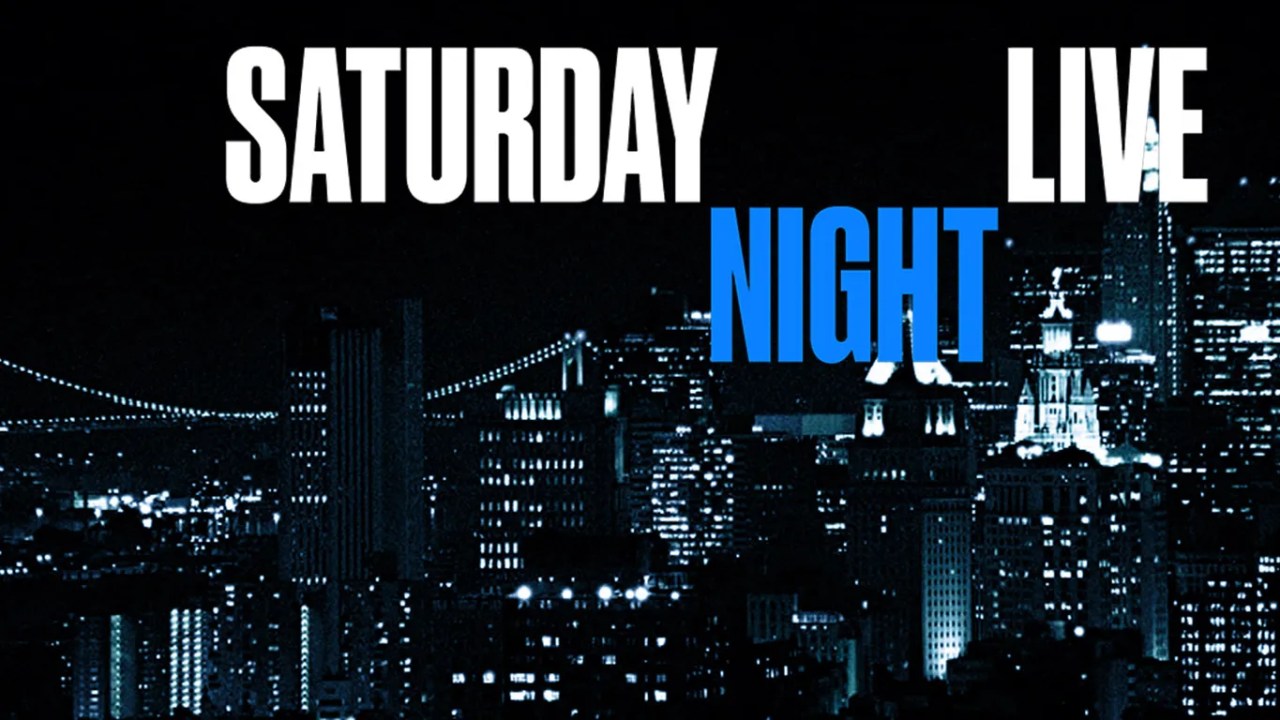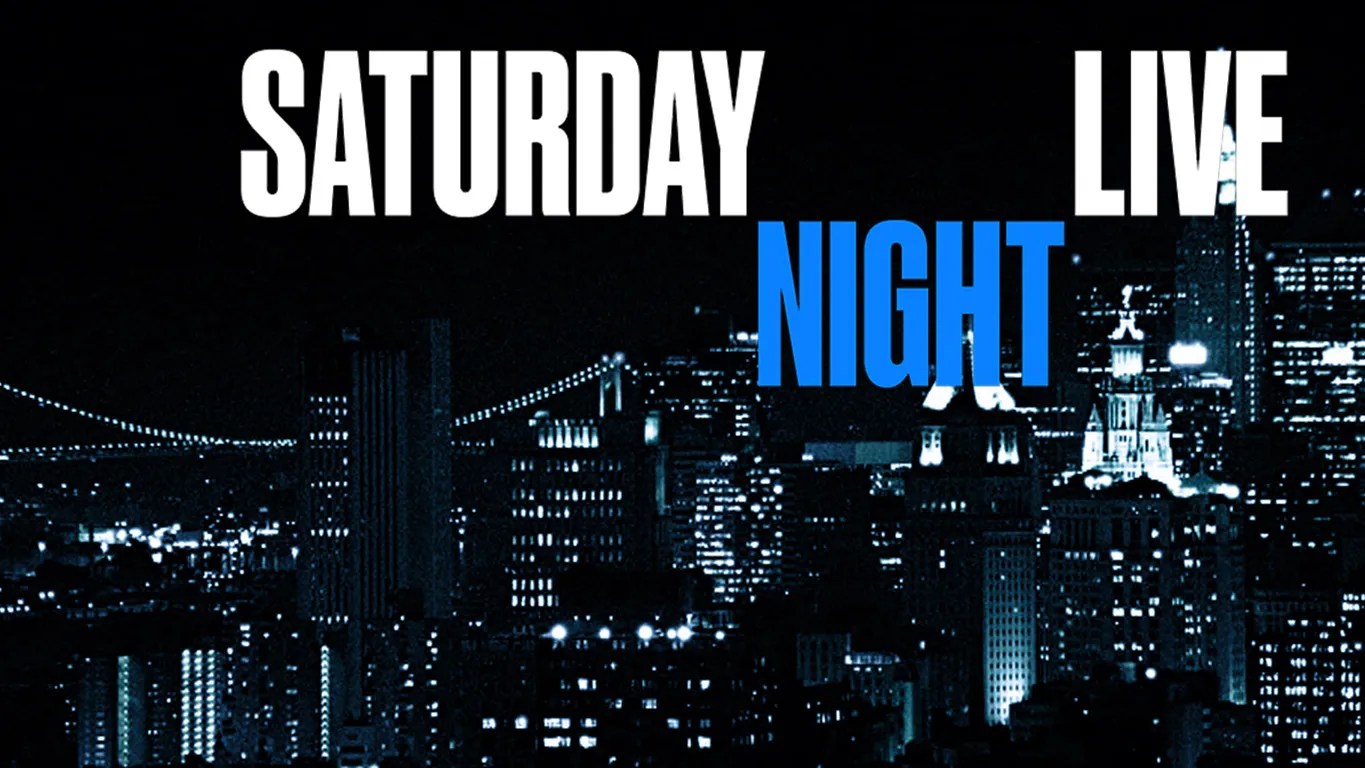In September 2019 my fear was that comedian Shane Gillis might throw himself off a bridge. Just hours after being hired by Saturday Night Live, one of the world’s biggest TV shows, he was fired. The reason: journalist Seth Simons had posted clips of Gillis disparaging Chinese people. The clips, from 2018, showed Gillis on his podcast mimicking the accent of an old-fashioned racist as he said, ‘Let the fucking Chinks live there.’ Then he used his natural voice to have an ugly conversation about Chinatown. Another clip showed Gillis saying ‘faggot’ and using ‘gay’ as an insult.
Gillis being fired from Saturday Night Live isn’t a free speech issue
His Saturday Night Live dream was over. The show, produced by NBC, said ‘the language he used is offensive, hurtful and unacceptable’. Gillis tweeted that he ‘pushes boundaries’, a tweet he later regretted. Simons predicted Gillis would ‘spin his oust[ing] into a lucrative career as a (gag) #CancelCulture martyr. He will probably make tons of money from stand-up gigs and a much larger podcast audience’.
The reason I feared Gillis might throw himself off a bridge was that in comedy terms he had won the lottery, only for it to be taken away hours later. He was 31 when it happened, he had recently moved to New York from his native Pennsylvania, and had been able to tell his parents and peers he had made it, only to have to tell them he hadn’t. It felt horrifically cruel. Gillis, however, is not a fragile human being.
He later revealed that Saturday Night Live paid him $50,000, which must have taken the edge off. More importantly he stayed in touch with Lorne Michaels, the show’s executive producer, sending him sketches he was making for the internet. Gillis continued his podcast. He worked on his stand-up, gig by gig. He put a special on YouTube. But was there a route to the mainstream success he had once seemed destined for?
The first indication that his rehabilitation was working came in September 2022 with a favourable profile in the New Yorker. A year later, his second stand-up special was released on Netflix. Then came the announcement earlier this month that he was going to host Saturday Night Live on 24 February, a role reserved for stars, a U-turn which prompted questions about the future of cancel culture.
I heard the news via the X account of Vittorio Angelone, a Northern Irish comedian who retweeted the announcement with a comment, ‘This has made me so bizarrely happy’. He told me, ‘Shane Gillis played cancellation perfectly because he didn’t play it. He didn’t try to profit off it, he didn’t use it as some kind of angle to get clicks. He continued to create brilliant work in sketches and stand-up while refusing to take fewer risks and more importantly refusing to become a boring free speech campaigner.’ Angelone pointed me to an episode of the HoneyDew podcast on which Gillis said, ‘If I let being cancelled define who I was and talked about it constantly… I mean, I talk about it on every fucking podcast, but if you let it consume who you are and what you’re creating, that’s how you lose, that’s like actually getting cancelled.’
As Gillis said, he didn’t avoid the issue, addressing it whenever asked. In 2022, on American economist Glenn Loury’s show, Gillis said ‘On a podcast sometimes it doesn’t look like you’re trying to be funny. When I got in trouble, it’s tough to tell whether or not you’re joking, I assure you I was trying to. I don’t have a racist podcast. It’s a comedy podcast.’ However, on the stage he focused on being funny, resisting becoming a reaction against wokeness, a direction some comedians went in. He pushed back on assumptions about his politics.
Was it this careful rehabilitation that convinced Saturday Night Live to forgive him? Was it just because he’s a star now? Or did something else change? Simons, whose reporting got Gillis fired, told me:
I think over the last four years comedy has noticeably taken a right-ward turn. That was already in progress but I think was accelerated a bit by the pandemic. I think Shane’s sort of sensibilities is kind of the dominant strain now. He’s one of a large crew of podcasters that traffic in racial caricatures and sometimes outright slurs and transphobia and saying gay as a pejorative.
Noam Dworman, owner of the Comedy Cellar, where Gillis performs when he in New York, is a vocal defender of free expression. When I asked what the reaction has been to Gillis hosting Saturday Night Live, he said:
A lot of people in charge are realising that they were panicking for nothing. I don’t know if the culture has actually changed. I don’t think anybody cared about Shane Gillis then, but in the bubble of NBC executives, they were petrified. They were scared of Twitter. They were scared of whatever wrong indications they were getting about how people actually felt.
Speaking to the New Yorker in 2022, producer Michaels said of firing Gillis: ‘NBC was in something of a panic. It was, like, “They’re going to boycott these sponsors!”’ Yet Gillis’s words were hurtful, NBC were right about that. Rewatching the 2018 clips reminded me of watching The Simpsons with a Chinese housemate I once had. We loved the show, it made us laugh, but when the Chinese character came on it became uncomfortable; the joke was soured, for me, when the subject of the joke was in the audience.
On BBC Radio 4 in 2020, comedian Ken Cheng described to the audience how Gillis called Chinese people ‘effing Chinks’. He said that although Gillis claimed it was a joke, he saw no joke. Cheng then said: ‘This is why we no longer deserve freedom of speech, because people have been abusing it for decades to say racist, sexist and homophobic things and then claim it was just a joke.’ I understood Cheng’s hurt, but what he said about free speech startled me. I couldn’t tell if that was a joke, but he declined to speak to me.
This is what I think: Gillis being fired from Saturday Night Live isn’t a free speech issue and I don’t think he suggested it was. The threat to free speech in the UK comes from police officers telling people what they can and can’t say, courts locking people up for what they say, and people encouraging that. The Gillis issue is to do with comedy’s gatekeepers overreacting to those who demand purity – likely the same people who want custodial sentences for words they don’t like – while also underestimating the wider audience’s instinct to forgive. While gatekeepers have focused on that first group, comedians like Gillis focused on the latter. Saturday Night Live, at least in this case, realised their error.
‘The proof is in the pudding,’ says Dworman. ‘He’s a huge star now and he did it 100 per cent on his own, and now they’re coming back to him. He actually fought and won an important cultural battle.’
This article is free to read
To unlock more articles, subscribe to get 3 months of unlimited access for just $5








Comments
Join the debate for just £1 a month
Be part of the conversation with other Spectator readers by getting your first three months for £3.
UNLOCK ACCESS Just £1 a monthAlready a subscriber? Log in